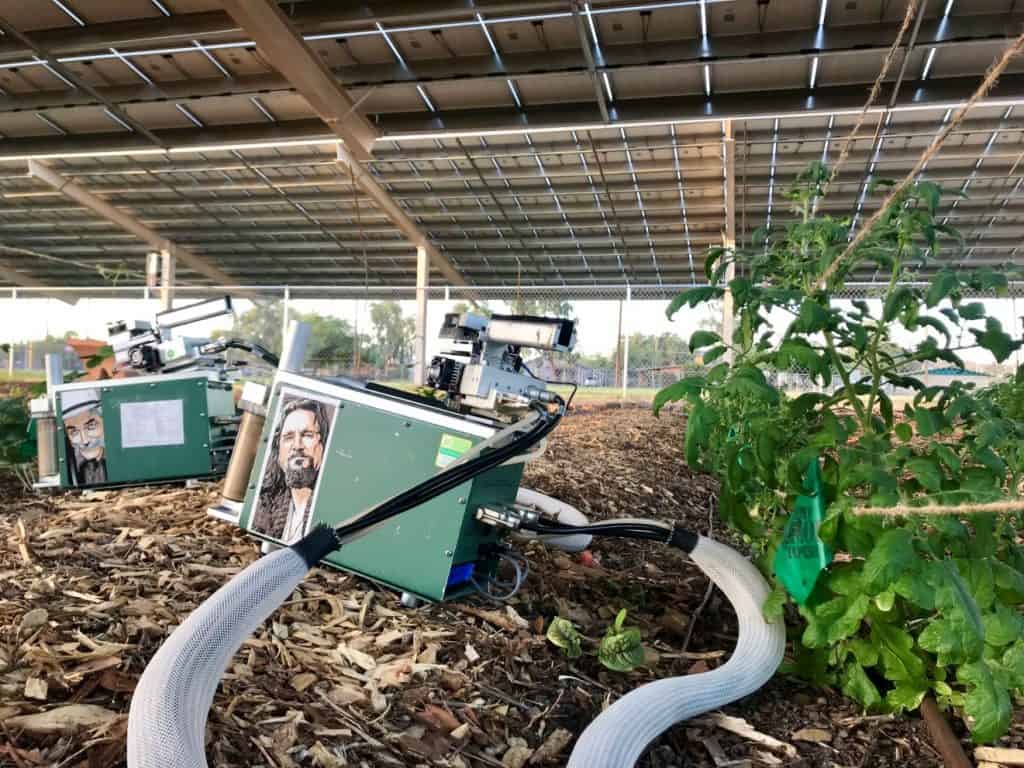We recently published an article about the Local Food Movement that emphasized the importance of having access to healthy food – free of preservatives and chemicals. While the natural trend in large-scale commercial farming is focused on heavy use of chemicals in fertilizing as crops are planted, and chemicals to preserve the food for long distance distribution, many believe this is not a sustainable way to feed the world.
The used of genetically modified crops and feed for animal production is relatively new and as yet unproven in its long-term safety. This leaves us with an uneasy feeling that our food is safe – but we’re not one hundred percent certain, because this technology just hasn’t been around long enough to fully play out hidden dangers.
The United Nations released an in-depth publication several years ago suggesting a more aggressive adoption of small scale, organic farming as the best way to feed the planet. This approach is one that won’t be adopted fully in the next five or ten years. It will need people like you and me to raise awareness of the need for change in how we get our food.
This brief article has links to the original UN publication, a 340-page document that should be required reading for anyone who wants to make a difference in how we’ll achieve long-term sustainability in this changing world.
As we face climate change, the flexibility of small scale organic farming will be an essential element in feeding everyone on the planet.

Image: eatdrinkbetter.com
Even as the United States government continues to push for the use of more chemically-intensive and corporate-dominated farming methods such as GMOs and monoculture-based crops, the United Nations is once against sounding the alarm about the urgent need to return to (and develop) a more sustainable, natural and organic system.
That was the key point of a new publication from the UN Commission on Trade and Development (UNCTAD) titled “Trade and Environment Review 2013: Wake Up Before It’s Too Late,” which included contributions from more than 60 experts around the world.
The cover of the report looks like that of a blockbuster documentary or Hollywood movie, and the dramatic nature of the title cannot be understated: The time is now to switch back to our natural farming roots.
The findings on the report seem to echo those of a December 2010 UN Report in many ways, one that essentially said organic and small-scale farming is the answer for “feeding the world,” not GMOs and monocultures.
According to the new UN report, major changes are needed in our food, agriculture and trade systems, with a shift toward local small-scale farmers and food systems recommended.
Diversity of farms, reducing the use of fertilizer and other changes are desperately needed according to the report, which was highlighted in this article from the Institute for Agriculture and Trade Policy.
It also said that global trade rules should be reformed in order to work toward these ends, which is unfortunately the opposite of what mega-trade deals like the proposed Trans Pacific Partnership (TPP) and the U.S.-EU Trade and Investment Partnership (TTIP) are seeking to accomplish.
The Institute noted that these pending deals are “primarily designed to strengthen the hold of multinational corporate and financial firms on the global economy…” rather than the reflect the urgent need for a shift in agriculture described in the new report.
Even global security may be at stake according to the report, as food prices (and food price speculating) continue to rise.
“This implies a rapid and significant shift from conventional, monoculture-based and high-external-input-dependent industrial production toward mosaics of sustainable, regenerative production systems that also considerably improve the productivity of small-scale farmers,” the report concludes.
You can read more about the report from the Institute by visiting their website here.
Article written by Nick Meyer
Originally published in Technology Water.com


